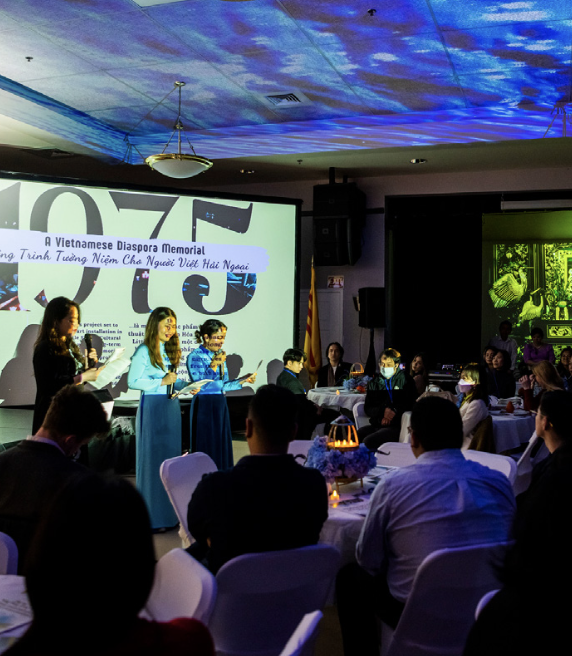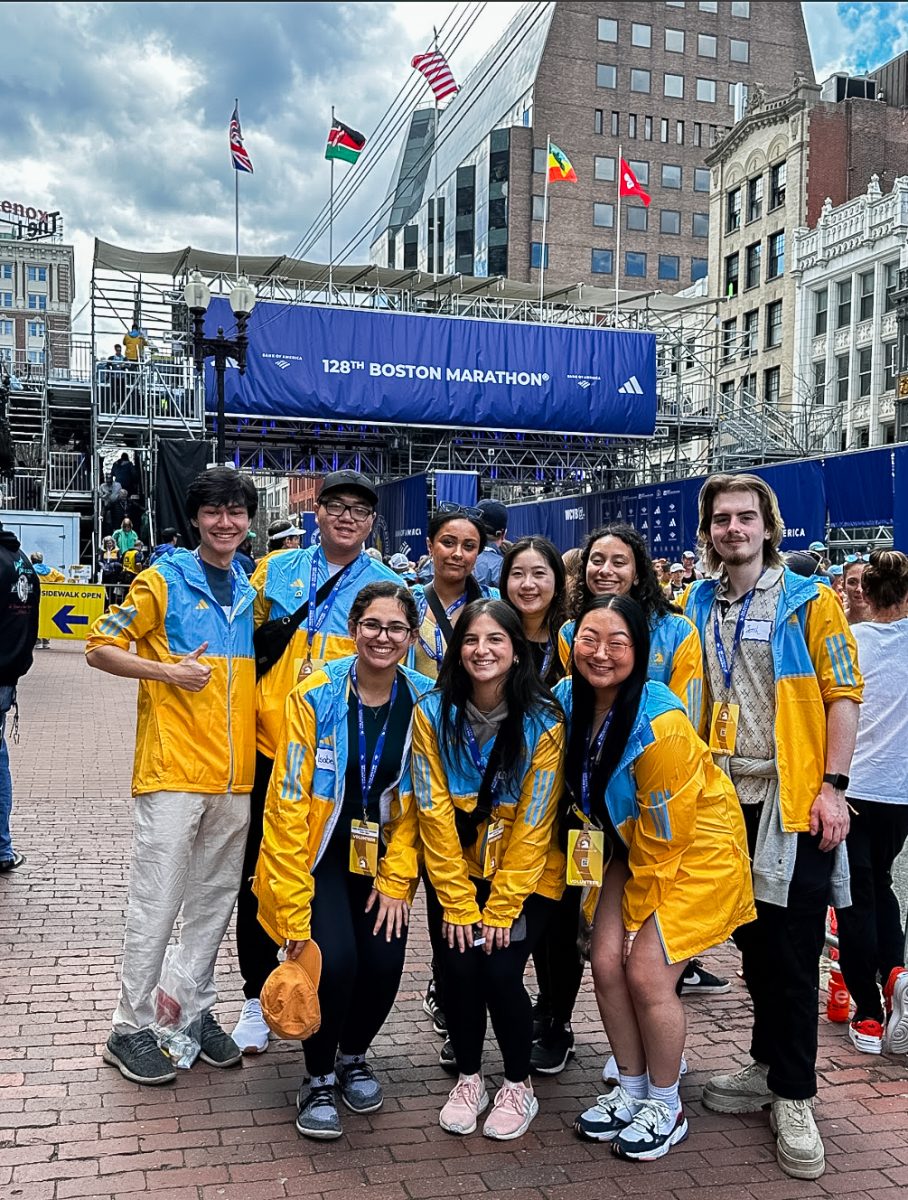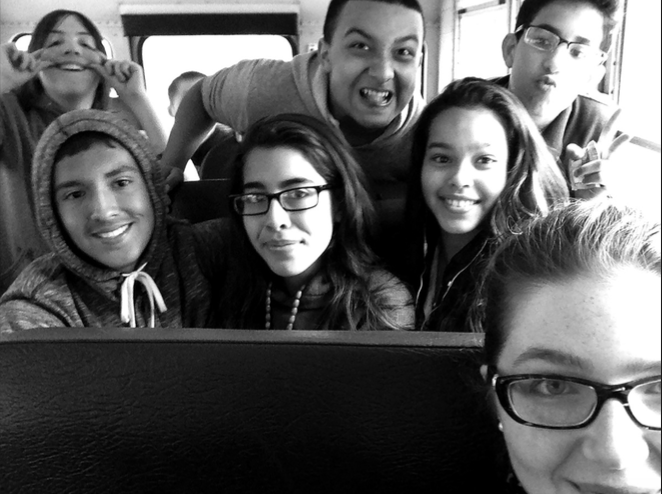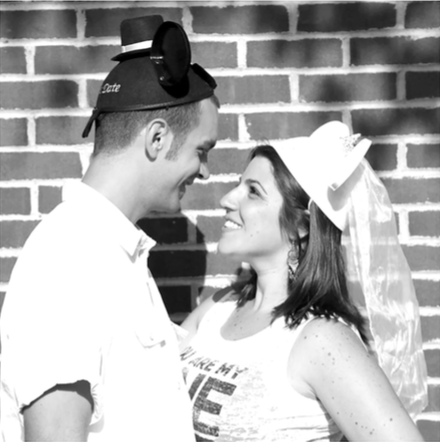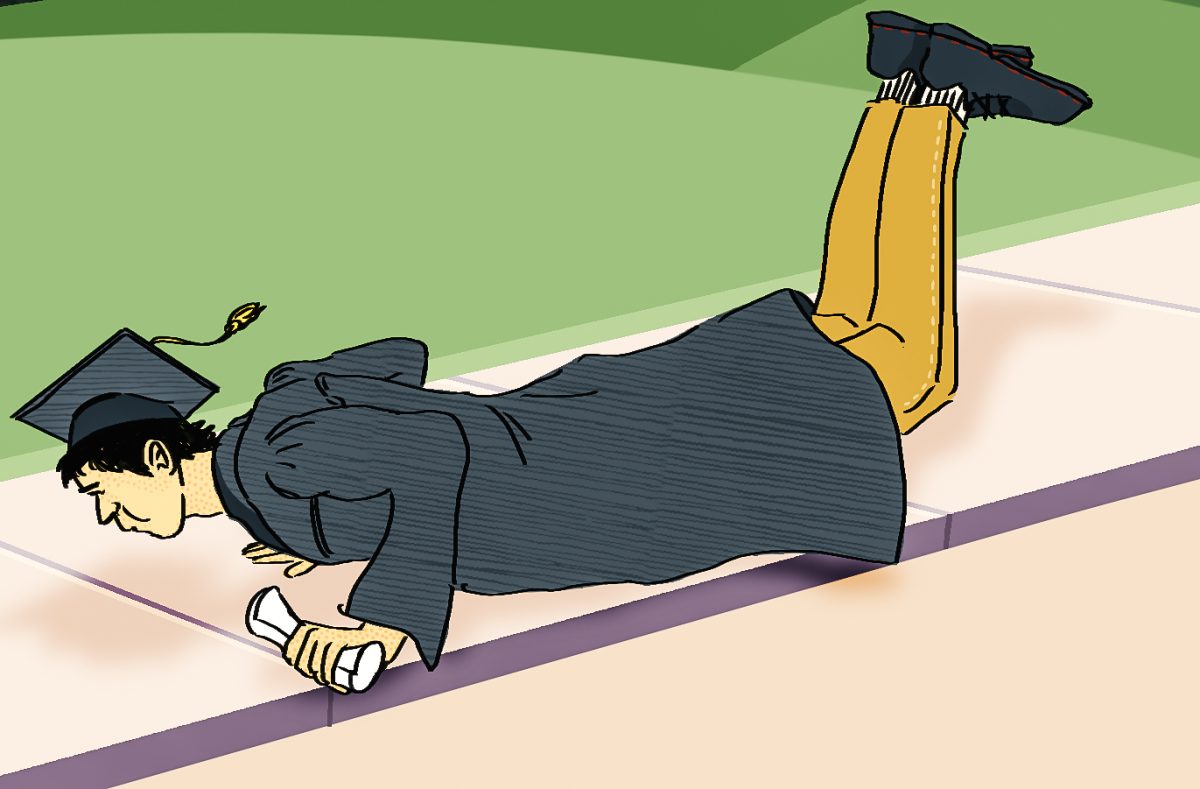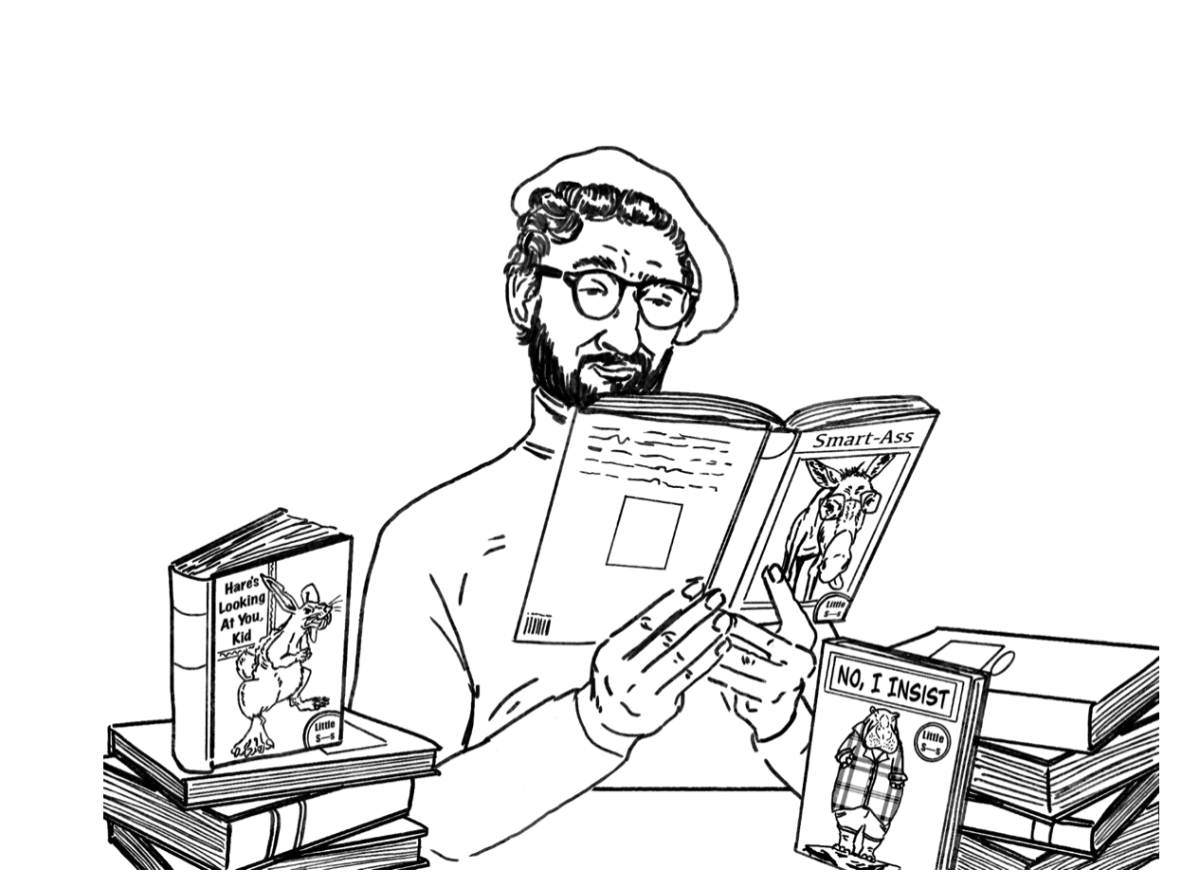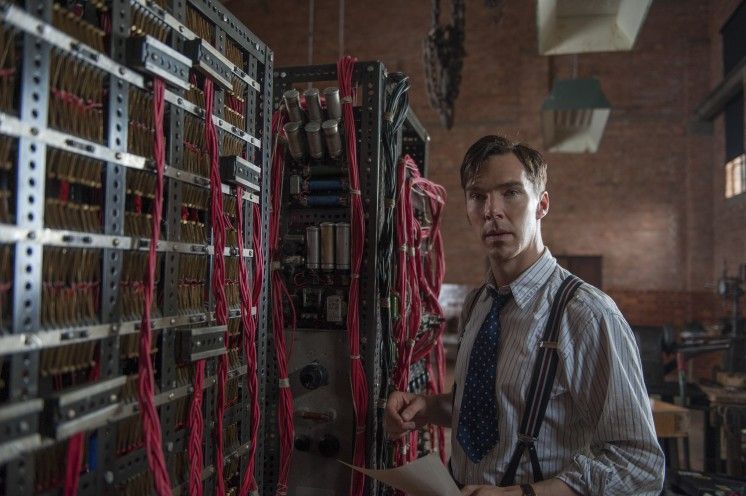“The Imitation Game” centers around real-life mathematician Alan Turing, who in World War II developed the computer’s forebear to crack a pivotal Nazi code. Later, the British government charged him with gross indecency for having a homosexual relationship. The biopic is based on factual history.
Turing the prodigy (Alex Lawther) exhibits Asperger-like symptoms. Cast as Turing’s older self, Benedict Cumberbatch, talks matter-of-factly, smiles clumsily, and rarely blinks. The performance may be Oscar-worthy. The nuances and more emotive scenes humanize Turing, contrasting with the beat-the-odds efforts of the heroes to slow the Allied death toll, the element of the movie responsible for the “historical thriller” label.
The challenge for the heroes is “Enigma,” a code that encrypts all German communication, making a key to it invaluable to the British. Turing dreams a solution, a machine he calls “Christopher,” that has the necessary computational power to beat it. His unorthodox approach and disposition leads to clashes with coworkers at Bletchley Park. They include chess player Hugh Alexander (Mathew Goode), and supervisor Alastair Denniston (Charles Dance).
Turing’s independence hinders “Christopher’s” construction. Enter foil Joan Clarke (Kiera Knightley), who matches Turing in problem solving, but unlike him, has social skills. Kinship with, and guidance from Clarke begets character change in Turing, and the team begins to work together. Eventually “Christopher’s” tumblers stop spinning, the thunk signaling success. Historians widely agree that decrypting Enigma shaved around two years and millions of lives off World War II.
The deceptive Stewart Menzies (Mark Strong) influences how the new war intelligence is used. The dramatic lighting in “The Imitation Game” sometimes hides entire halves of faces in shadow, connecting to the theme of secrets. The desaturated color correction adds to the grim wartime atmosphere.
“The Imitation Game”’s narrative unfolds through three plot lines: Turing’s experiences at boarding school, his beating Enigma, and his encounters with the law after the war ends. We eventually see that a robotic Turing is capable of love. But because homosexuality is illegal in Britain, the war hero is given a choice of jail or chemical castration. He choose the latter, suffering the effects of the hormone injections. An ending captions says he committed suicide two years after.
Does it matter how much of this tragedy is dramatization and how much is fact? Given his brilliance and potential, the decline and death of Turing is a symbol for social intolerance negatively affecting society. If the institutional system lacks empathy for, and does not accept the minority individual for who they are, opportunities never happen and even lives can be lost.
The title of “The Imitation Game” is derived from a paper by Turing, which proposes instructions for judging an individual on whether or not they are human or machine. There is a moment in the movie when the audience is indirectly challenged to judge Turing himself, for all his logicalness, and as a person who made tough decisions in a terrible war. Because of the nuance and vulnerability in Cumberbatch’s portrayal, the audience may be more inclined to say, “Human.”
“The Imitation Game” is not flawless. Sometimes the realism of Turing is sacrificed for laughs, or the movie tries too hard to be uplifting. But it’s an enjoyable film that combines thrills and drama in an espionage setting. Entertainment aside, it might suggest that audiences look closer at a person they consider different and notice the humanity that they together share.


